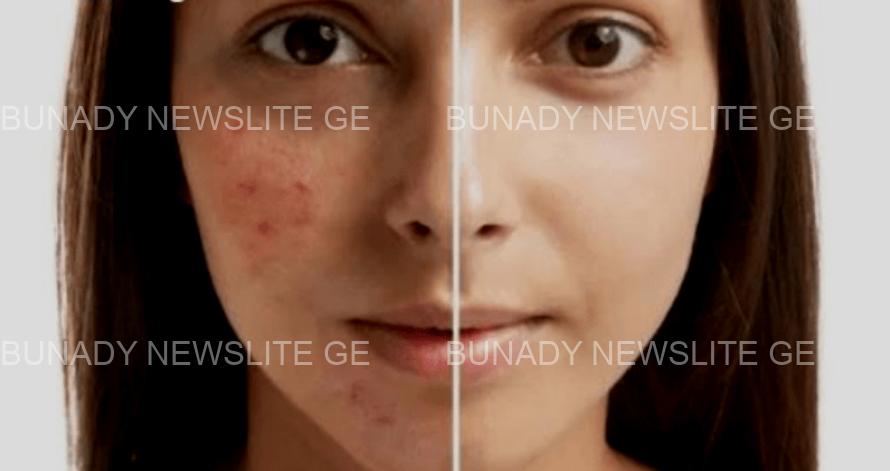Pimples and dark spots are common skin concerns that can affect people of all ages. These issues often leave us feeling self-conscious, especially when they persist despite our efforts to treat them....TAP TO READ THE FULL CONTENT | TAP TO READ THE FULL CONTENT
Fortunately, there are many natural remedies that can effectively help you achieve clearer skin without relying on harsh chemicals.
In this guide, we’ll explore the causes of pimples and dark spots, and share proven natural treatments to reduce their appearance.
Table of Contents
Understanding Pimples and Dark Spots
Common Causes of Pimples and Dark Spots
Consistency and Care for Clearer Skin
Understanding Pimples and Dark Spots
Pimples, or acne, occur when pores become clogged with excess oil, dead skin cells, and bacteria, leading to inflammation, redness, and pus-filled bumps. Dark spots, typically caused by hyperpigmentation, can result from acne scars, sun exposure, or hormonal changes. Recognizing these causes is essential for selecting the right treatment.
Common Causes of Pimples and Dark Spots
Tea Tree Oil
Tea tree oil has strong antibacterial properties, making it an effective treatment for acne. It fights bacteria that cause breakouts and reduces inflammation. To avoid irritation, dilute a few drops of tea tree oil with water before applying it to your skin.
Aloe Vera
Aloe vera is known for its soothing and healing properties. It helps reduce acne-related inflammation and fades dark spots by encouraging skin regeneration. Apply aloe vera daily to keep your skin soft, hydrated, and rejuvenated.
Honey
Honey acts as a natural antiseptic and antibacterial agent. It cleanses the skin, promotes healing, and retains moisture, making it an excellent remedy for both pimples and dark spots. Use honey regularly to improve skin texture and tone.
Lemon Juice
Lemon juice is a natural astringent and exfoliant rich in vitamin C, which helps lighten dark spots and boost collagen production. However, because lemon juice can make your skin more sensitive to the sun, apply it sparingly and follow up with sunscreen.
Green Tea
Packed with antioxidants, green tea reduces inflammation and soothes irritated, acne-prone skin. Applying green tea topically helps calm redness, while drinking it regularly flushes out toxins, supporting overall skin health.
Apple Cider Vinegar (ACV)
ACV works as a natural astringent that helps dry out pimples and prevent future breakouts. Its exfoliating properties can also fade dark spots over time. Always dilute ACV and perform a patch test, as its acidity can irritate sensitive skin.
Baking Soda
As a gentle exfoliant, baking soda helps remove dead skin cells, unclog pores, and balance your skin’s pH. Use it sparingly to avoid over-exfoliating, which can lead to irritation.
Cucumber
Cucumber hydrates the skin and has natural astringent qualities that reduce oiliness and soothe irritation. It is also effective for lightening dark spots and promoting an even skin tone. Combine cucumber with aloe vera or yogurt for added benefits.
Turmeric
Turmeric’s anti-inflammatory and antibacterial properties make it effective for treating both pimples and dark spots. Its active compound, curcumin, helps reduce pigmentation and prevent future breakouts. Use turmeric masks a few times a week, but be cautious, as it may temporarily leave a yellow tint on the skin.
Consistency and Care for Clearer Skin
Achieving clearer skin requires patience and the right combination of natural treatments. Regularly using remedies such as tea tree oil, aloe vera, honey, and turmeric can address the root causes of acne and hyperpigmentation, supporting your skin’s natural healing process.
Always patch test new treatments, and if your skin concerns persist, consult a dermatologist for personalized advice. With dedication and proper skincare, you can achieve the clear, glowing skin you desire. …Click Here To Continue Reading>>


